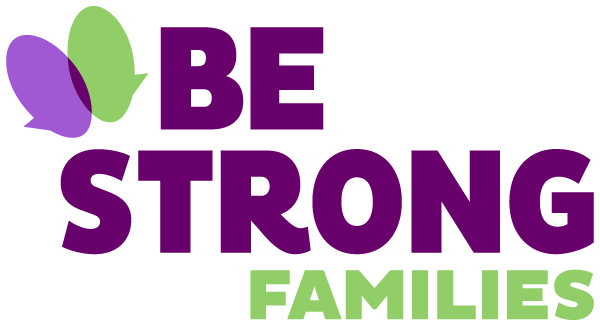Family Support on the Frontlines of the Pandemic
By Andrew Russo
What are Family Resource Centers (FRCs) doing during the COVID-19 pandemic? It’s a question I’ve been asked often over the past month, and it’s one that has a very simple answer: continuing to support and strengthen families – as always. “That’s not a good answer,” said a respected colleague who directs another national organization. “If you say that, people won’t realize all that they’re doing or how they’ve pivoted.”
Well, it’s true that many are unaware of FRCs in the first place, which is why these community or school-based welcoming hubs of support, services, and opportunities for families are often referred to as “America’s best-kept secret.” Most people are surprised to learn that despite having no dedicated federal funding, like Head Start Centers, Home Visiting programs, or Afterschool programs, there are more than 3,000 of them in 30 states and the District of Columbia that work with more than 2 million people annually. (more information)
And the work they do tirelessly, day in and day out, such as providing parenting support, helping families to build the Protective Factors, connecting families to resources, and developing community leadership, while it may be unheralded, is immensely impactful. FRCs have demonstrated successful outcomes through multiple external evaluations – including reducing child abuse, increasing families’ economic self-sufficiency, and improving children’s educational success.
In this time of crisis when many caring people are looking to help, I feel privileged to work in a field with so many FRC staff - dedicated community service champions who face every challenge undaunted, with an approach that is both fearlessly determined and immensely creative and flexible. Well-experienced with “pivoting” to be responsive to emerging family needs and changing community issues and environments, their response to the pandemic is no different.
All of the thousands of FRCs across the country continue to operate and are on the front lines of supporting families through this crisis, even when almost everything else has shut down. FRCs are very aware of the critical importance of their role at this time. Families need resources and support more than ever, and research has shown that family stress and isolation are highly correlated with child abuse.
FRCs are helping parents and caregivers access supports, resources, and accurate information. Many are operating helplines, have rapidly expanded their resource lists, and are leveraging their deep connections with other social service providers, businesses, and faith-based organizations to make sure families can successfully navigate to what they need. In Humboldt County, California, for example, the McKinleyville FRC developed and implemented a rapid assessment community needs survey to both assist individual families and to identify county-wide challenges.
FRCs are combatting social isolation by checking-in regularly with families, conducting virtual home visits, and organizing video support groups. The president of the Connecticut FRC Alliance shared that “100% of our FRCs are operating at almost full steam using Zoom, Google, Facebook, Ages & Stages Screening, 'Home' visits and playgroups. We literally are running playgroups and pre-K as well as providing professional development, screen sharing, and collaboration virtually using a multitude of technological tools.”
FRCs are encouraging parents and caregivers to acknowledge and address their stress. In Teller County, Colorado the Community Partnership FRC is offering story time yoga so that parents and children can practice relaxation together.
Kentucky's 856 school-based FRCs, which have described their work over the past 30 years as doing “whatever it takes,” have taken on delivering school meals to children even though the schools are closed. The FRC coordinators have also organized “Drive-by Cheer-ups" for families, visiting neighborhoods with signs, bubbles, music, and dancing - all while practicing safe social distancing. They even distribute stress-relieving bubble wands to help families "blow worries away.” These caravans of cheer have become a welcome sight for home-bound families across the state.
Recognizing that FRCs already have long-standing, trusted relationships with families and their communities, state governments in both Colorado and California have leveraged them to provide diapers, food, and other basic needs. California’s Governor, Gavin Newsom, announced last week that the state will provide $3 million in emergency relief funds for FRCs to respond to COVID-19, supporting them “to provide emergency services and supplies to children and families most at need and as soon as possible.”
FRCs are here to help – as always. It’s high time we made sure that their valuable work was a secret no longer.




